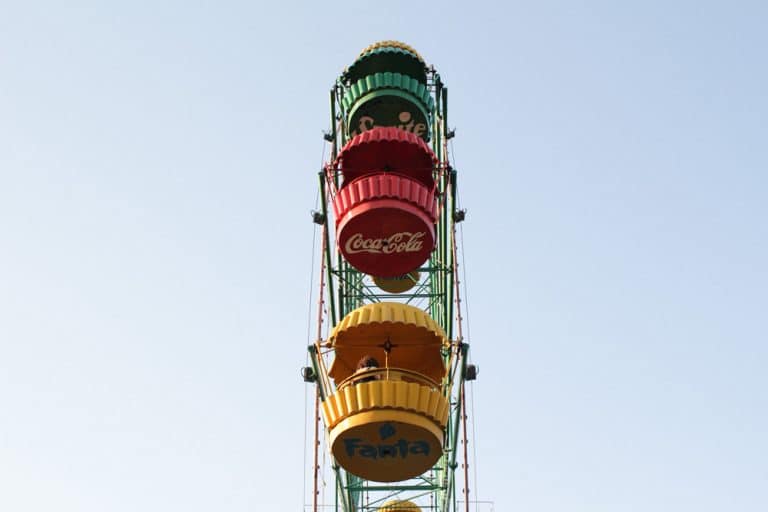How did Portugal become Europe’s exception and what can we learn from the way it handled COVID-19?
We can all agree that this year has truly been a series of unfortunate events. We’ve all been affected by the COVID-19 crisis somehow, whether that is by the virus itself or its repercussions. Thus far, all my family celebrations—birthdays, last day of school and Easter—have been spent in isolation. Like many, quarantine has completely revamped my family dynamic.
Despite having lived in the UK all my life, my father is based in Lisbon, Portugal. When Europe was declared as the epicentre of the outbreak back in March, Spain, Italy and the UK were highly covered by news outlets. During the madness, I began questioning Portugal’s drastically low rates despite neighbouring Spain. How exactly did Portugal become Europe’s exception and how can we learn from this?
How did Portugal handle COVID-19?
Before we critically analyse how Portugal’s government handled the COVID-19 situation, it’s important to point out some facts. One being the country’s large elderly population and underfunded health system, which means that if Portugal had been hit as hard as Spain, the results would have caused severe damages and excessive death rates.
According to Bloomberg’s Mapping the Coronavirus Outbreak Across the World, on 1 May, Portugal has a total of 25,045 cases and 989 deaths. This strongly highlights the difference with other European countries such as the UK, which has on the same day 172,481 cases and 26,842 deaths.
What did Portugal do differently from other countries? On 12 March, Portugal’s government ordered that all schools nationwide be closed down, whereas in the UK orders were not given until 20 March. The decision to close all the educational systems and night clubs came as soon as reports showed 245 cases in the country. In comparison, Spain had hit over 2000 infections by the time the regional governments closed schools. The decision to effectively close sooner rather than later could be a reason why their rates are significantly lower.
Furthermore, on 28 March, Reuters published an article stating: “Portugal to treat migrants as residents during coronavirus crisis.” Prime Minister António Costa’s decision to turn all pending applications as permanent residents until at least 1 July is to ensure migrants have access to healthcare treatments. To my knowledge, no other country has implemented this, but someone could argue many are prioritising minimising the spread instead.
Since the pandemic hit Portugal, the economy has plummeted as the country heavily relies on tourism. Despite the low rates of those battling the virus, many citizens have been monetarily affected by job losses. Families such as mine are among the many Portuguese residents who work in ‘labour induced industries’ such as mechanical engineering, hospitality and factory workers in the textile industry.
Although they are eligible for some of the financial benefits being offered such as child and housing benefits or sick pay for two weeks, they are nowhere near as beneficial as the ones offered in the UK or enough to make ends meet. Furlough is not a term familiar to Portuguese residents and working from home is a luxury to those who have the option. This means that many have been left to the option of just waiting it out. And amid the wait, Easter arrived.
Easter Sunday has just passed and typically Portugal would be in full bloom, given that Catholicism is the predominant religion. On that Easter Sunday, I virtually spoke to my grandma to check-in and her response had me in hysterics: “The prices of everything have gone up. So, I’m having meat on Easter because fish was too expensive. I wonder what Jesus would make of this,” she told me over the audio of her live-streamed church service.
Just like many other, the pandemic has completely reshaped how my family and I navigate our relationships. Distance means nothing anymore and yet it means everything. The most bittersweet moment of quarantine thus far has been the latest addition to my family, my baby cousin Maria. Following her birth, I’ve branded her a ‘coronial’ and I probably won’t meet her until 2021, but being introduced with good health is worth the wait.
Along with washing our hands and staying home as much as possible, we must look at these ‘strange times’ and see in them an opportunity for change. Many have been saying that a ‘new normal’ is coming, but what does normal define in the first place? Whether you’re based in the UK, the US, Portugal or any other country, things are about to change. This is something else we, as well as our countries, should be getting ready for.





